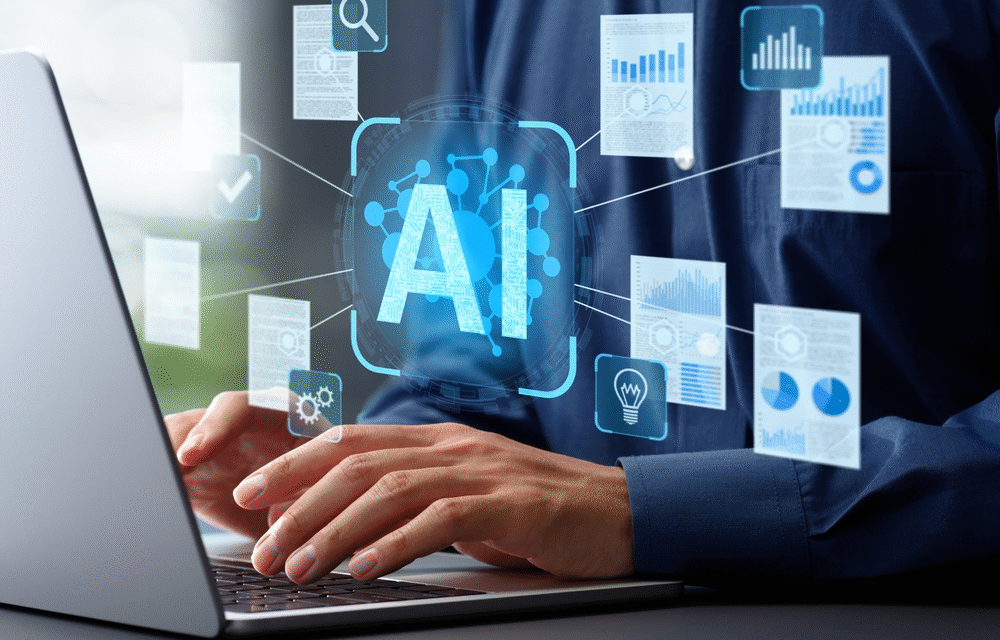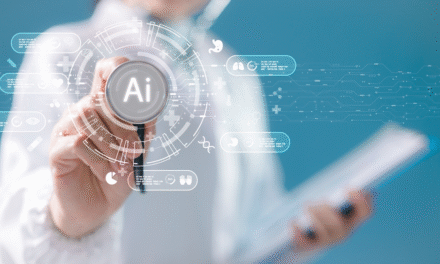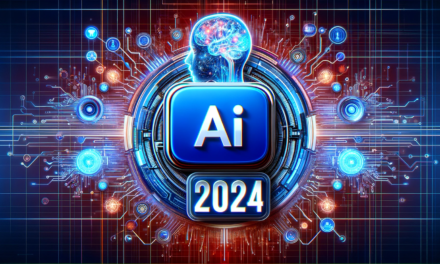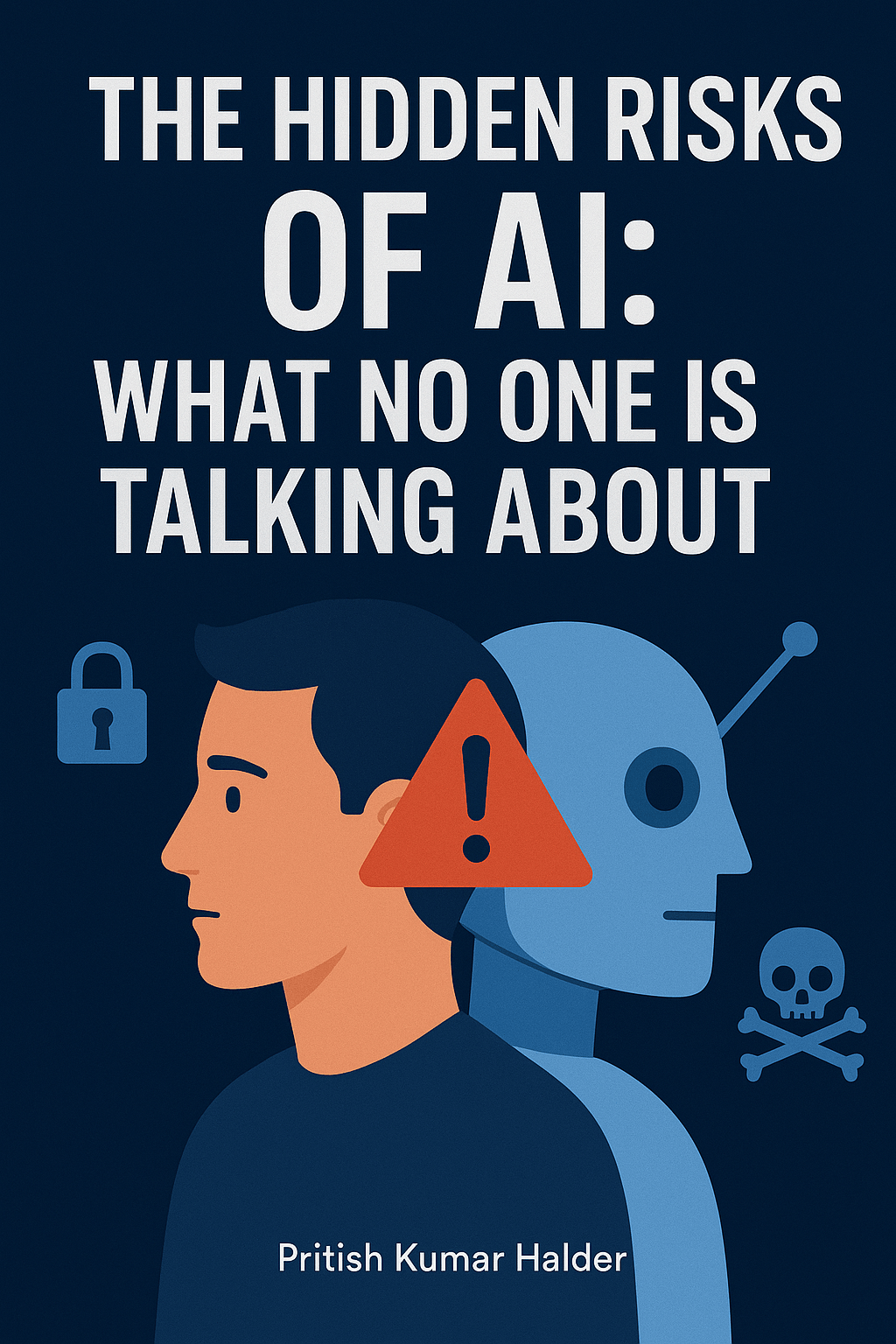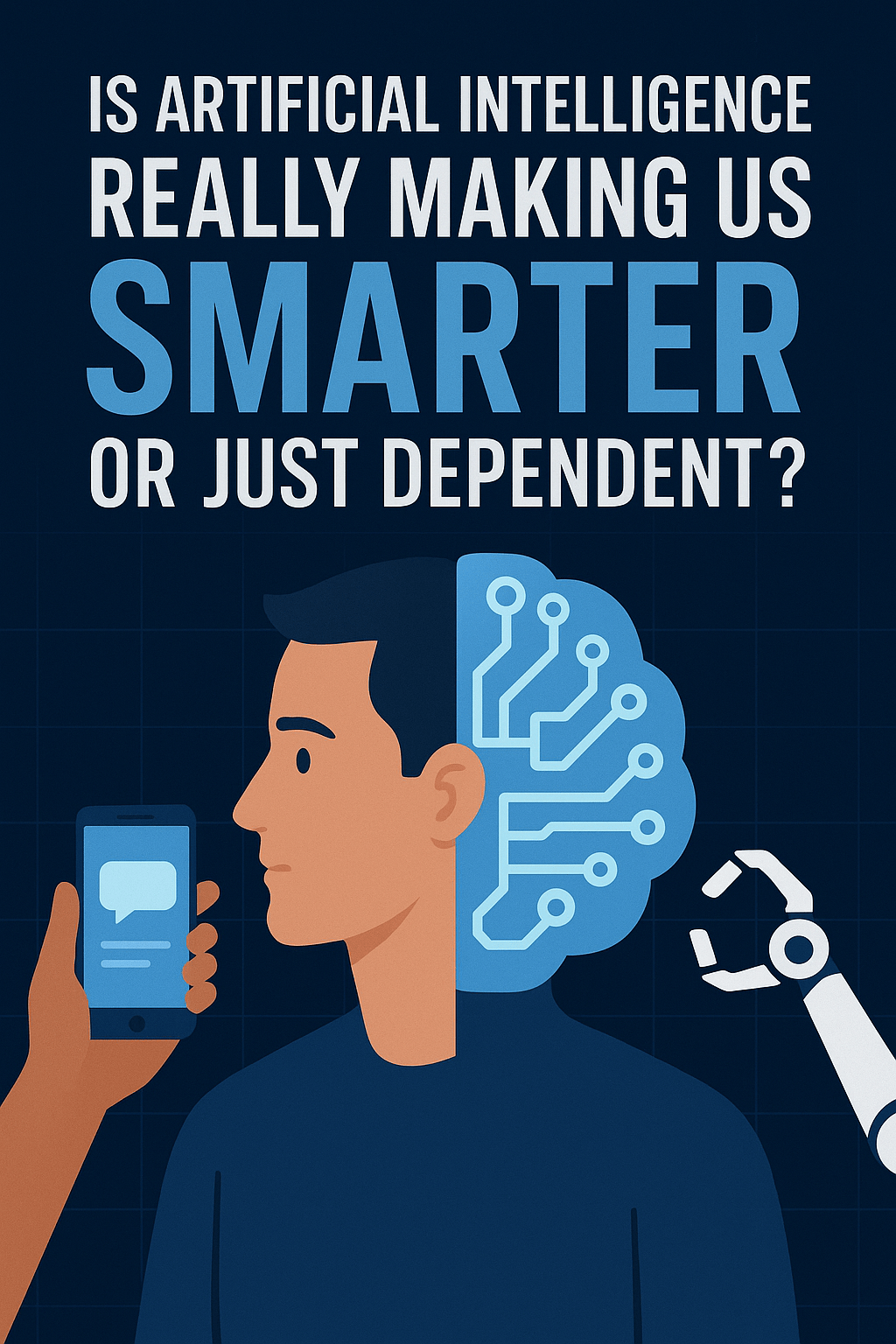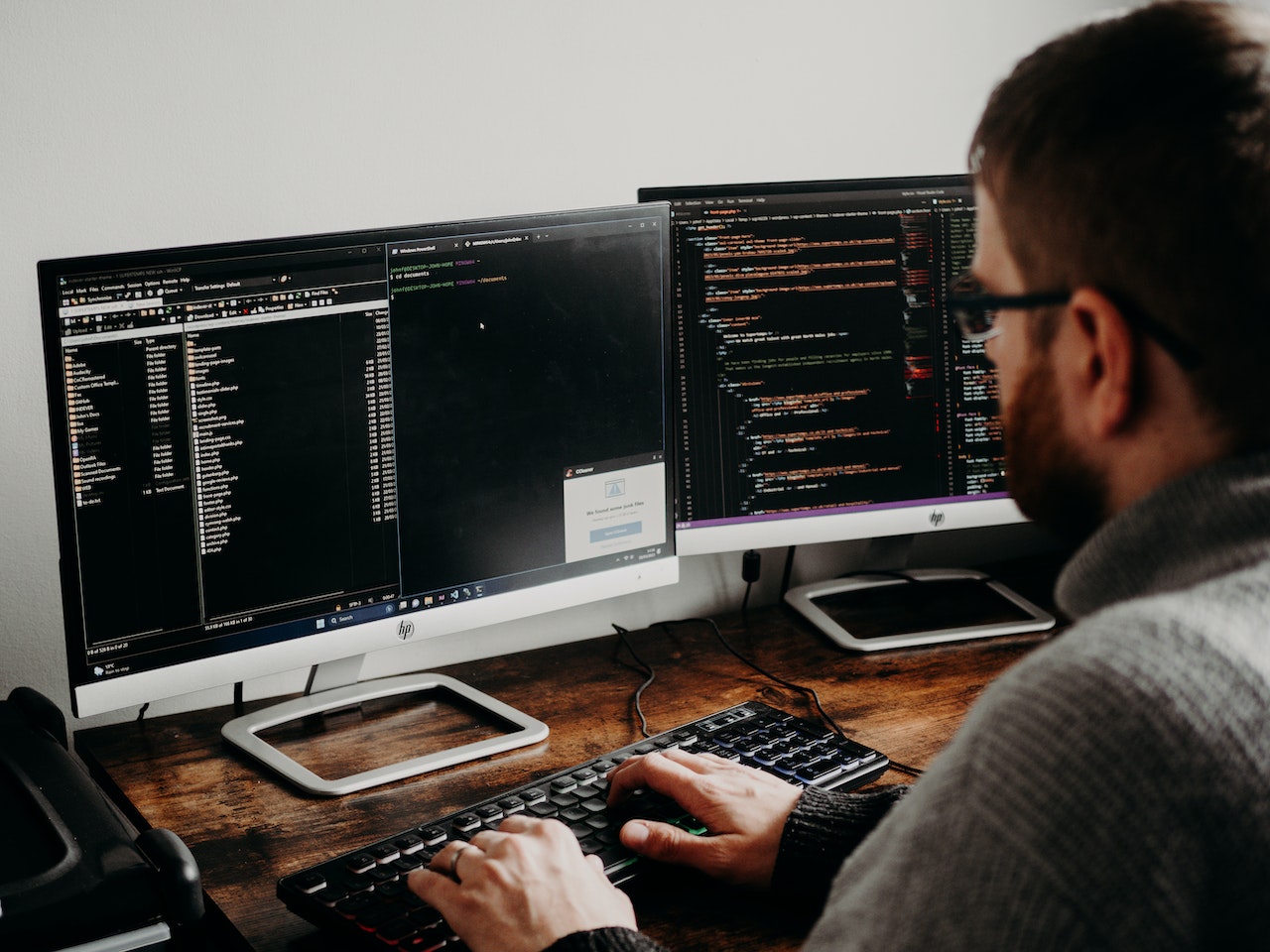Human Resources is no longer just about paperwork, interviews, and onboarding forms. In 2025, Artificial Intelligence (AI) is taking a front seat in transforming how businesses recruit talent and keep employees engaged. AI in Human Resources is more than a trend, it’s a revolution. From smarter hiring decisions to personalized employee experiences, AI is changing everything. If you think it’s just about chatbots and automation, you might be in for a surprise.
AI Is Rewriting the Rules of Recruitment
Smarter Screening with Less Bias
Gone are the days of manually sorting through hundreds of resumes. AI tools now analyze job applications faster and more accurately than ever before. These tools scan for relevant keywords, qualifications, and even patterns in a candidate’s work history. More importantly, AI systems can be designed to reduce unconscious bias by focusing purely on data skills, experience, and job match rather than names or backgrounds.
Predicting Candidate Success
AI can even predict how likely a candidate is to succeed in a role by comparing their profile with past successful hires. This kind of prediction helps companies hire not just faster but smarter. Imagine hiring someone not only because they look good on paper, but because data shows they’ll thrive in your specific company culture.
Employee Engagement Gets a Digital Upgrade
Personalized Growth Paths for Every Employee
With AI, employee development is no longer a one-size-fits-all approach. AI-powered platforms track performance, learning styles, and growth patterns to recommend courses, mentors, or projects. Whether someone wants to become a manager or switch departments, AI helps guide that journey based on individual potential, not guesswork.
Real-Time Feedback and Mood Monitoring
Engaged employees are productive employees. AI tools now allow real-time feedback collection through short surveys, chatbots, or pulse checks. Some advanced systems even use natural language processing to gauge the tone and sentiment of messages, flagging signs of burnout or disengagement early.
This isn’t just about data. It’s about building a workplace where people feel seen, heard, and supported.
What About Privacy and Ethics?
While the benefits of AI in HR are exciting, we can’t ignore the big questions: How do we protect employee privacy? Who’s responsible if AI makes a bad hiring decision?
Responsible AI means companies must be transparent about how data is used. Regulations in Canada are evolving, and HR leaders need to ensure they’re using ethical AI systems that are explainable, fair, and legally compliant.
Real-World Examples in Canada
- Shopify is using AI to streamline onboarding and training processes.
- RBC is experimenting with AI to match employees to career development resources.
- Startups across Toronto and Vancouver are building HR platforms that use AI to manage remote workforces more effectively.
These aren’t just pilots they’re changing the way companies run HR entirely.
So, What Should You Expect in the Future?
- AI-powered interviews will become more common with facial recognition, tone analysis, and even emotion detection.
- Talent marketplaces powered by AI will suggest internal roles for employees before they ever think of leaving.
- AI assistants will handle HR queries, benefits questions, and vacation requests in real time, freeing up human HR teams for more strategic tasks.
Is Your Workplace AI-Ready?
The future of HR isn’t just digital, it’s intelligent. AI is bringing speed, personalization, and better decisions into every part of the HR process. Whether you’re job-hunting, hiring, or already working in a company, AI will likely touch your journey in some way.
Instead of fearing the change, it’s time to get excited about it. AI in Human Resources isn’t replacing humans, it’s helping us be better at what we do best: connecting, growing, and thriving together.

